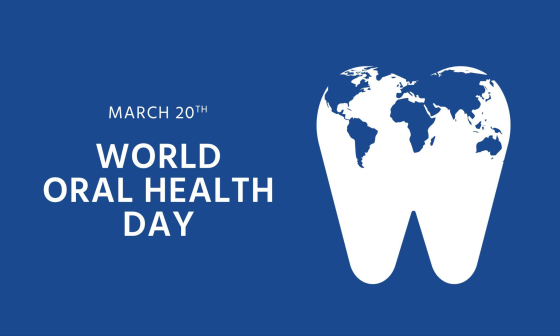Mama Emeka is pregnant with her third child in this marriage which was consummated barely six years ago. For her first children, she had delivered them without becoming sick from malaria. However, she fears that this particular pregnancy might be different as she says she is feeling feverish. She fears that it is malaria and is asking: can malaria drugs terminate pregnancy?
In this blog post, we will demystify malaria drugs in pregnancy, how it affects mothers and the unborn child, and to what extent. So, let’s answer Mama Nkechi’s main question:
Can Malaria drugs terminate pregnancy
Malaria is a serious disease that can cause complications for pregnant women. Depending on the medication used, dose, and the level of toxic substances in the drug, the mother and unborn child can be adversely affected by malaria drugs.
While some antimalarial drugs like Chloroquine and Quinine are considered safe for pregnant mothers, others like doxycycline and primaquine have been discovered to be dangerous to the child in the womb, hence they are contraindicated.
Although there is no significant evidence that artemisinin-based combination therapy drugs (ACTs) are harmful to women or their unborn children, there is significant evidence of birth defects and miscarriages in animals. Hence, the World Health Organization advises that ACTs are only used only when there is no other safe and effective alternative available, and when potential benefits outweigh potential risks.
Check alternatives for your expensive medical here
This guideline was updated in 2020, by the World Health organization in 2020, to allow for ACTs to be used in the first trimester.
We asked Wellahealth’s clinical consultant, Dr. Dabere Nwandikom and he shared this:
“In Nigeria, ACTs are fast becoming first line of treatment for malaria in pregnancy regardless of trimester. This is in line with the updated guideline by the World Health Organization which was informed by this study”.
The study, Dr. Dabere shared, was funded by the Medicines for Malaria Venture, WHO, and the Worldwide Antimalarial Resistance Network funded by the Bill & Melinda Gates Foundation. The interpretation of the study added this important text:
“If artemether–lumefantrine is unavailable, other ACTs (except artesunate–sulfadoxine–pyrimethamine) should be preferred…”
If you have ever been pregnant before, or have a pregnant relative who presents themselves to doctors for malaria, you will find that the attending consultant is careful to recommend a treatment plan. Now you know why.
Want to protect yourself from malaria? Protect yourself from Malaria with Wellahealth here
Conclusion
To summarize, Mama Emeka should note that malaria drugs can terminate pregnancy only if they are toxic to the foetus – cause birth defects or miscarriages – or cause severe side effects in the mother.
Although most malaria drugs, used by pregnant mothers today, are safe to use during pregnancy, some should be avoided or used with caution, especially in the first trimester.
Sign up for our newsletter to get more health news, articles and tips
Pregnant mothers are always advised to consult a physician before taking any malaria drugs, so they can be sure of the contraindication, if any, and the recommended dose to ensure that mother and child do not have adverse outcomes.
You can always speak to one over the phone, or via chat, if you are a Wellahealth plan microhealth plan subscriber. Get your plan here!
References
- Drug treatment and prevention of malaria in pregnancy: a critical review of the guidelines | Malaria Journal | Full Text (biomedcentral.com)
- WHO gives ‘strong recommendation’ which supports using an antimalarial drug to treat pregnant women during the first trimester | Severe Malaria Observatory
- Pregnancy outcomes after first-trimester treatment with artemisinin derivatives versus non-artemisinin antimalarials: a systematic review and individual patient data meta-analysis – The Lancet






